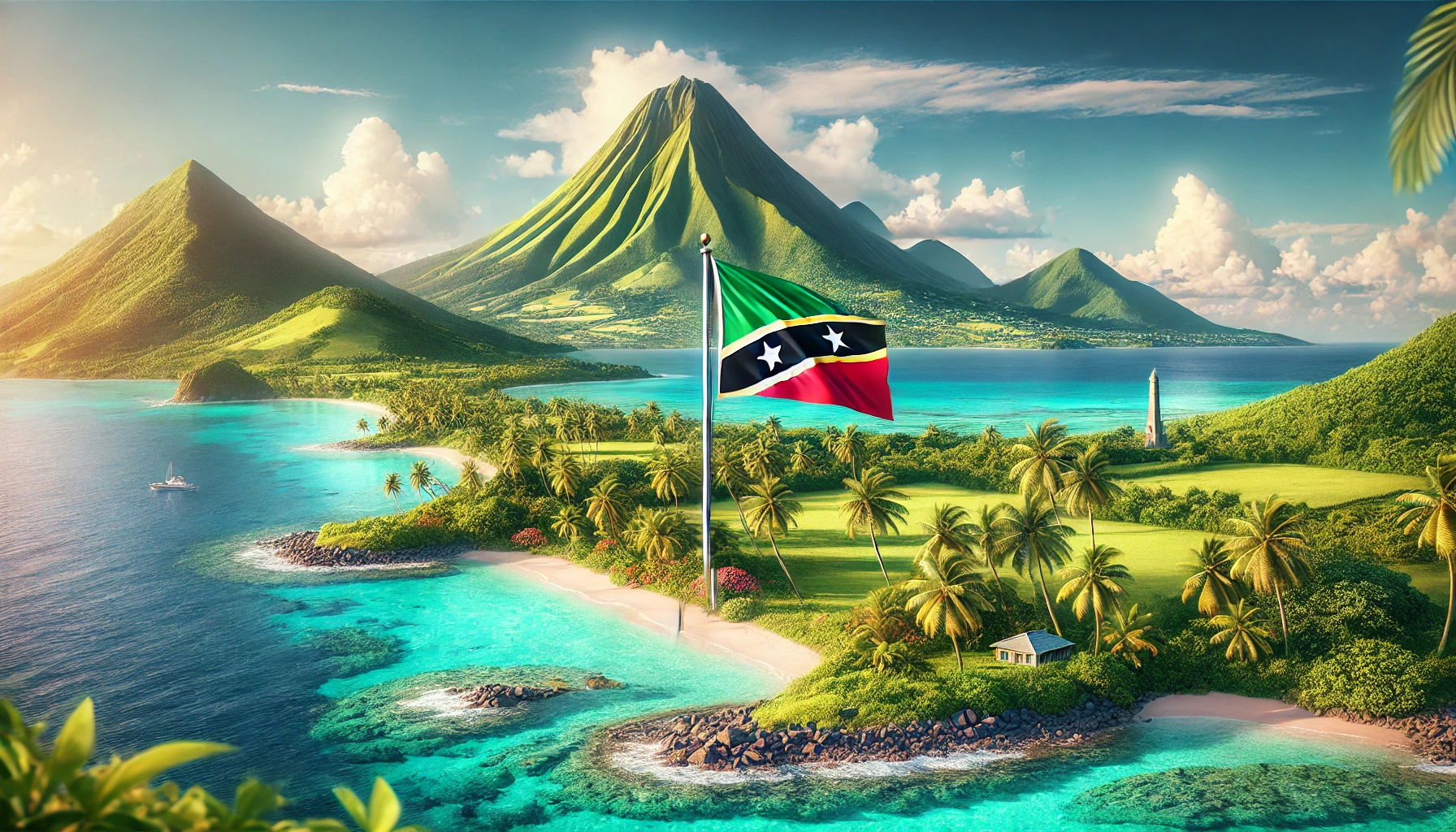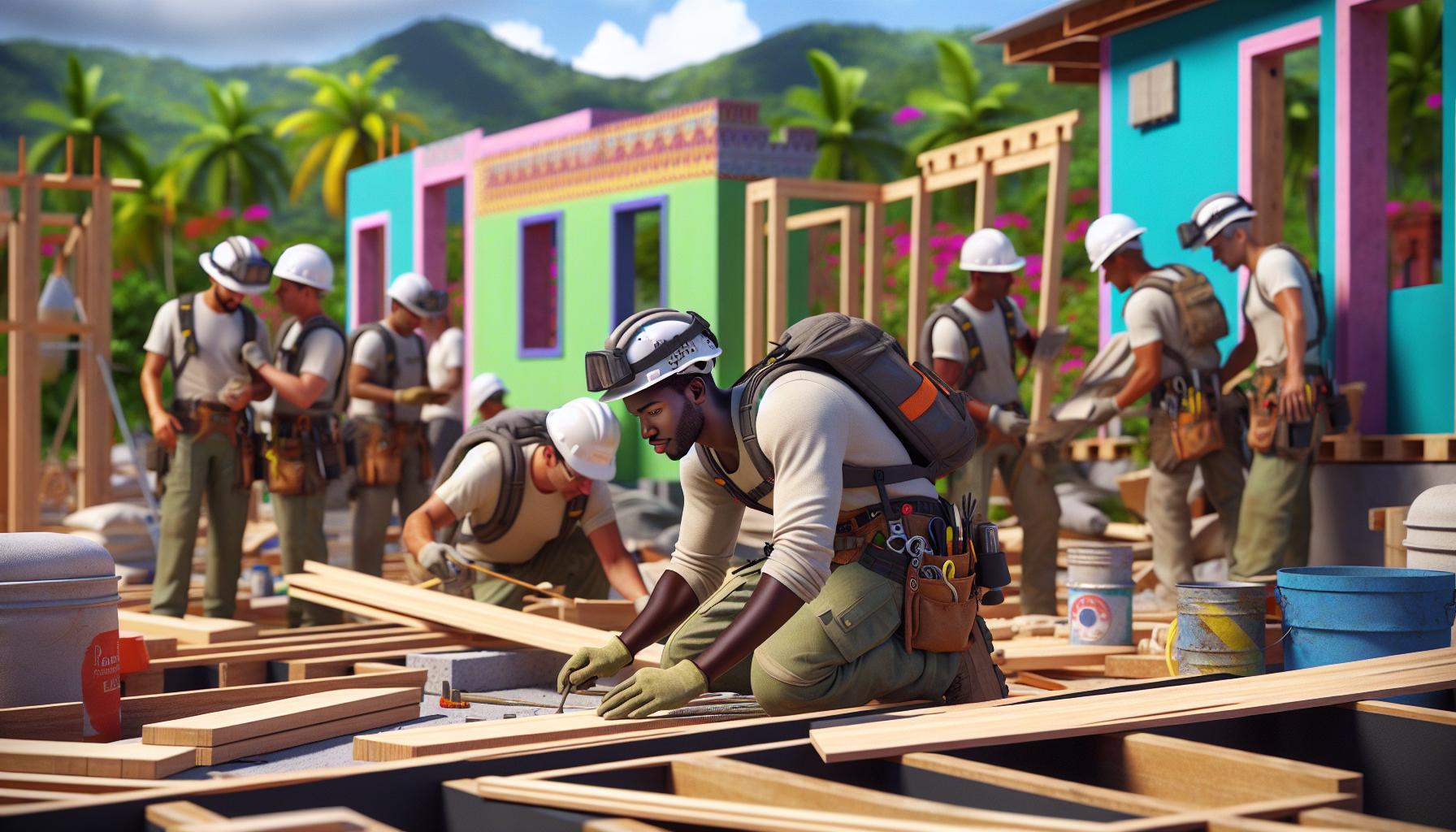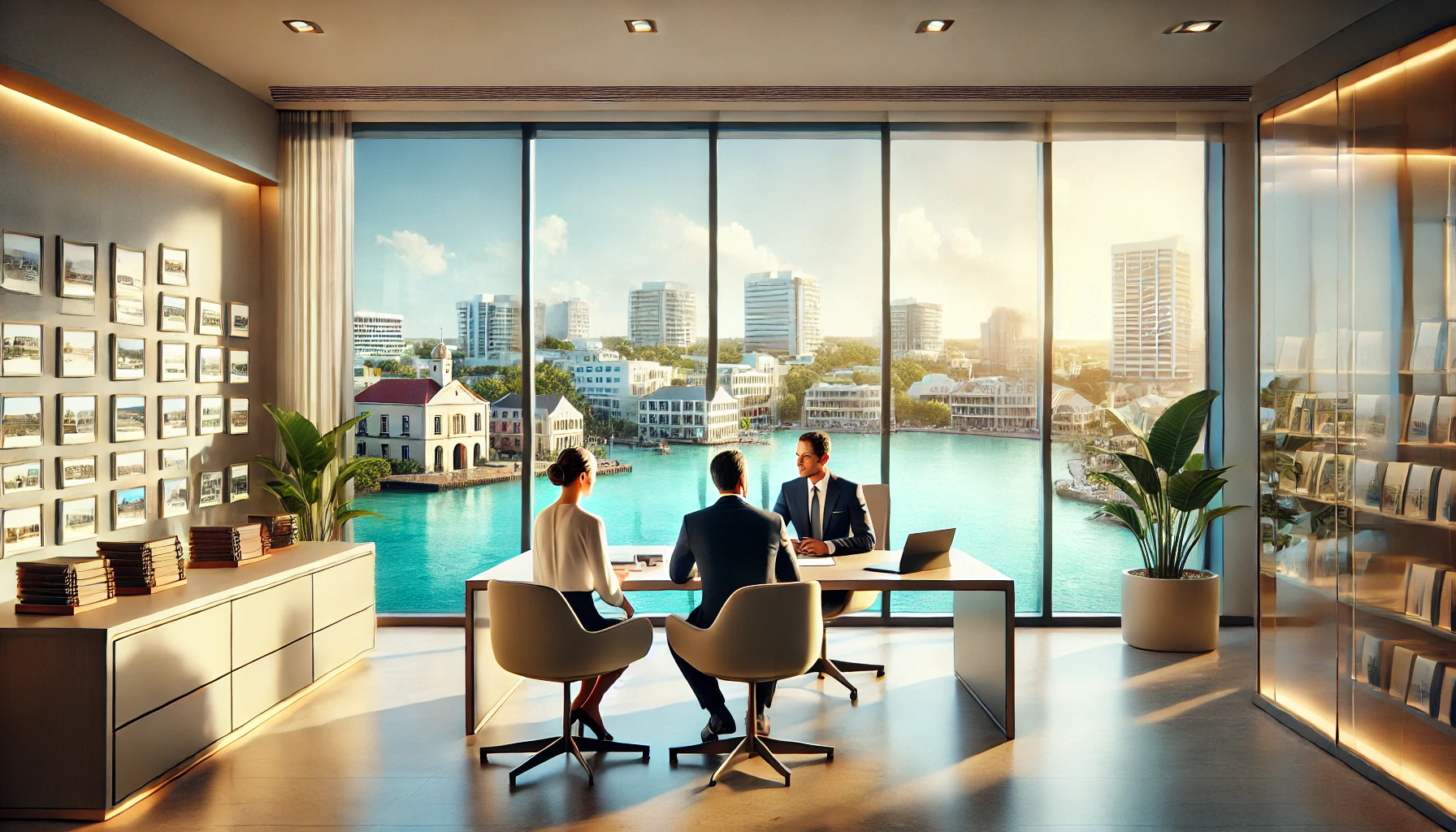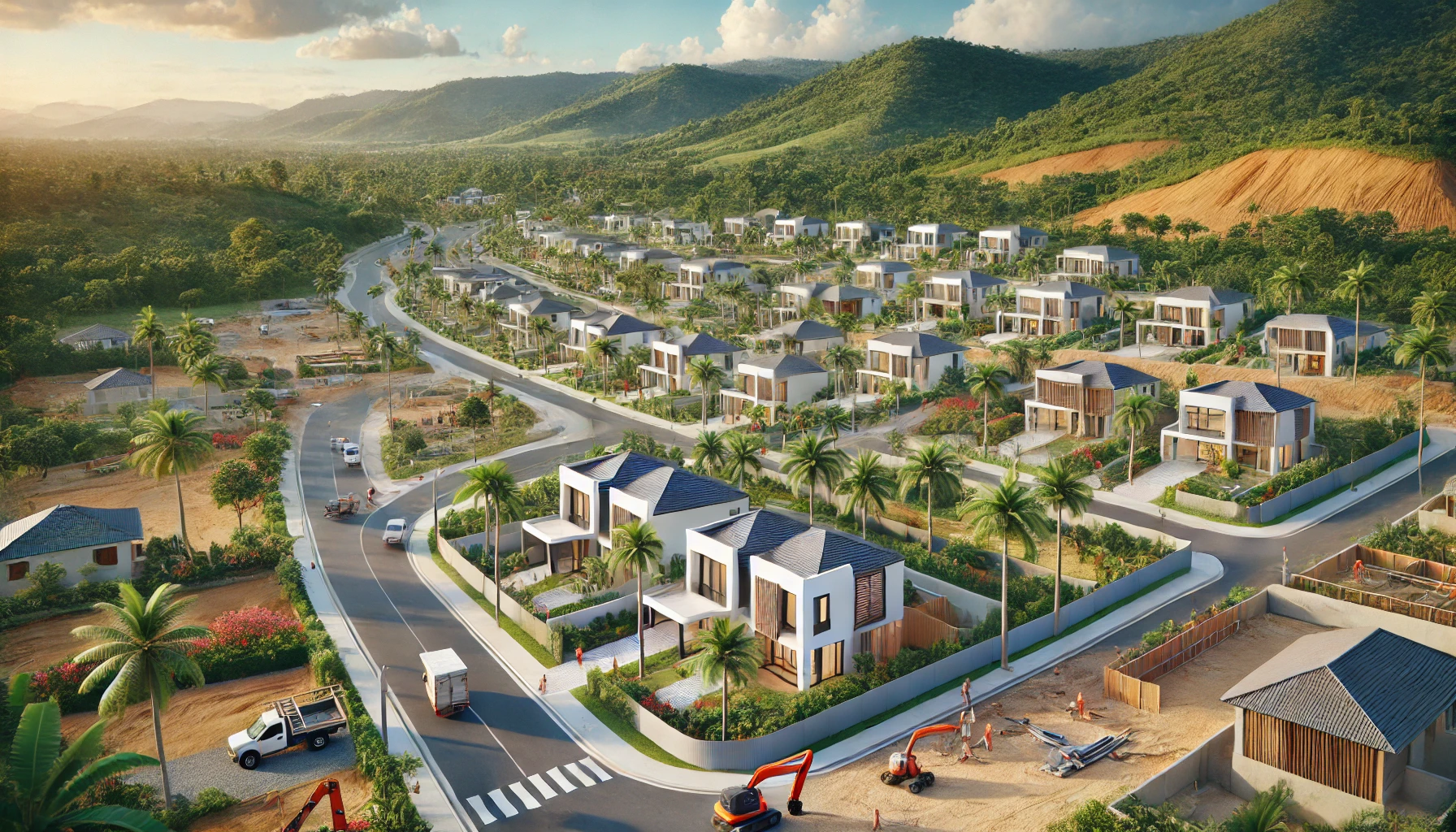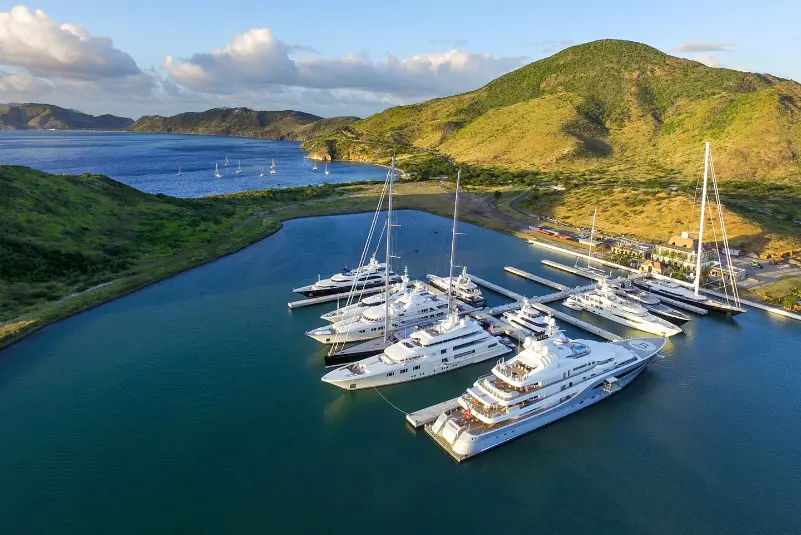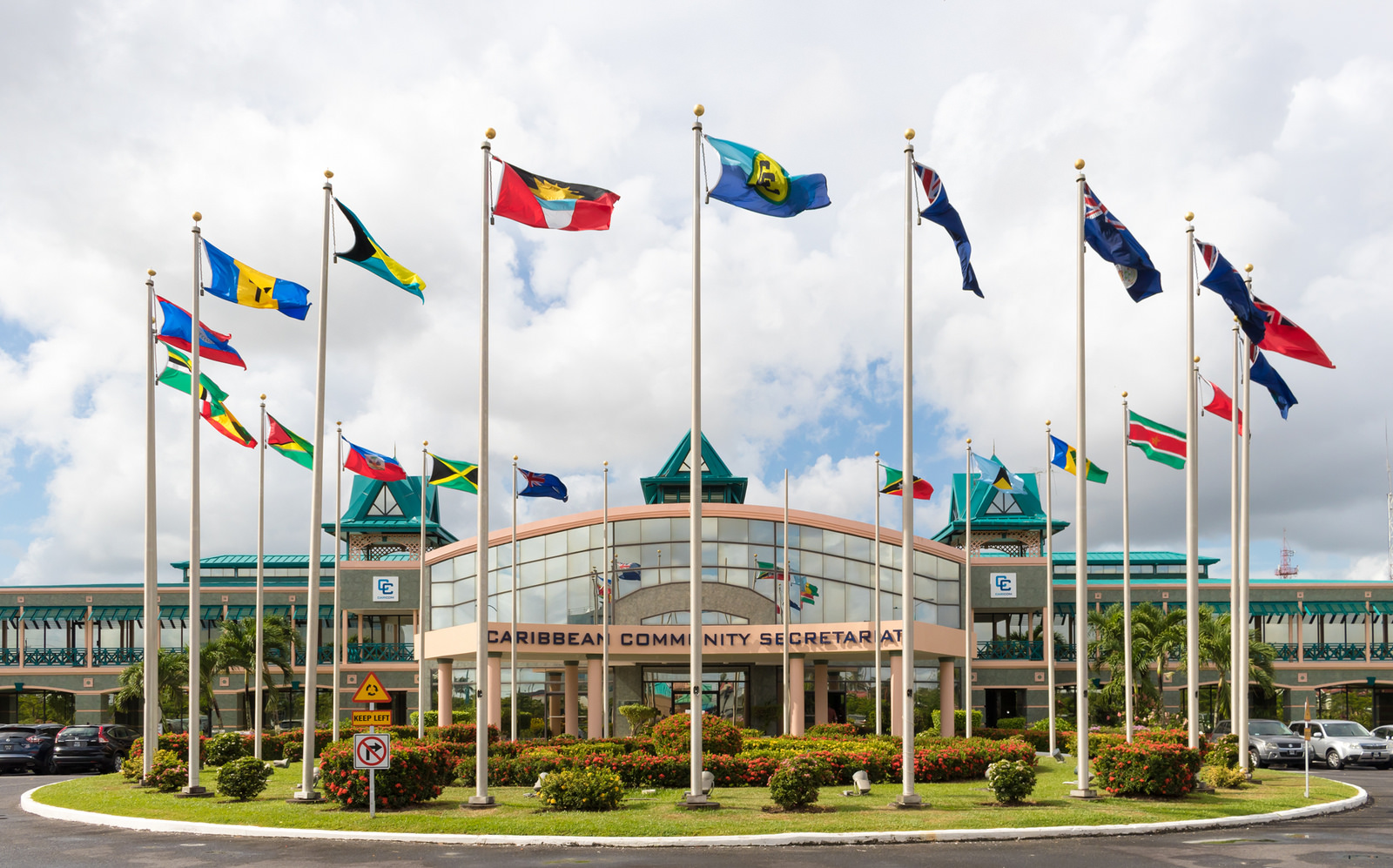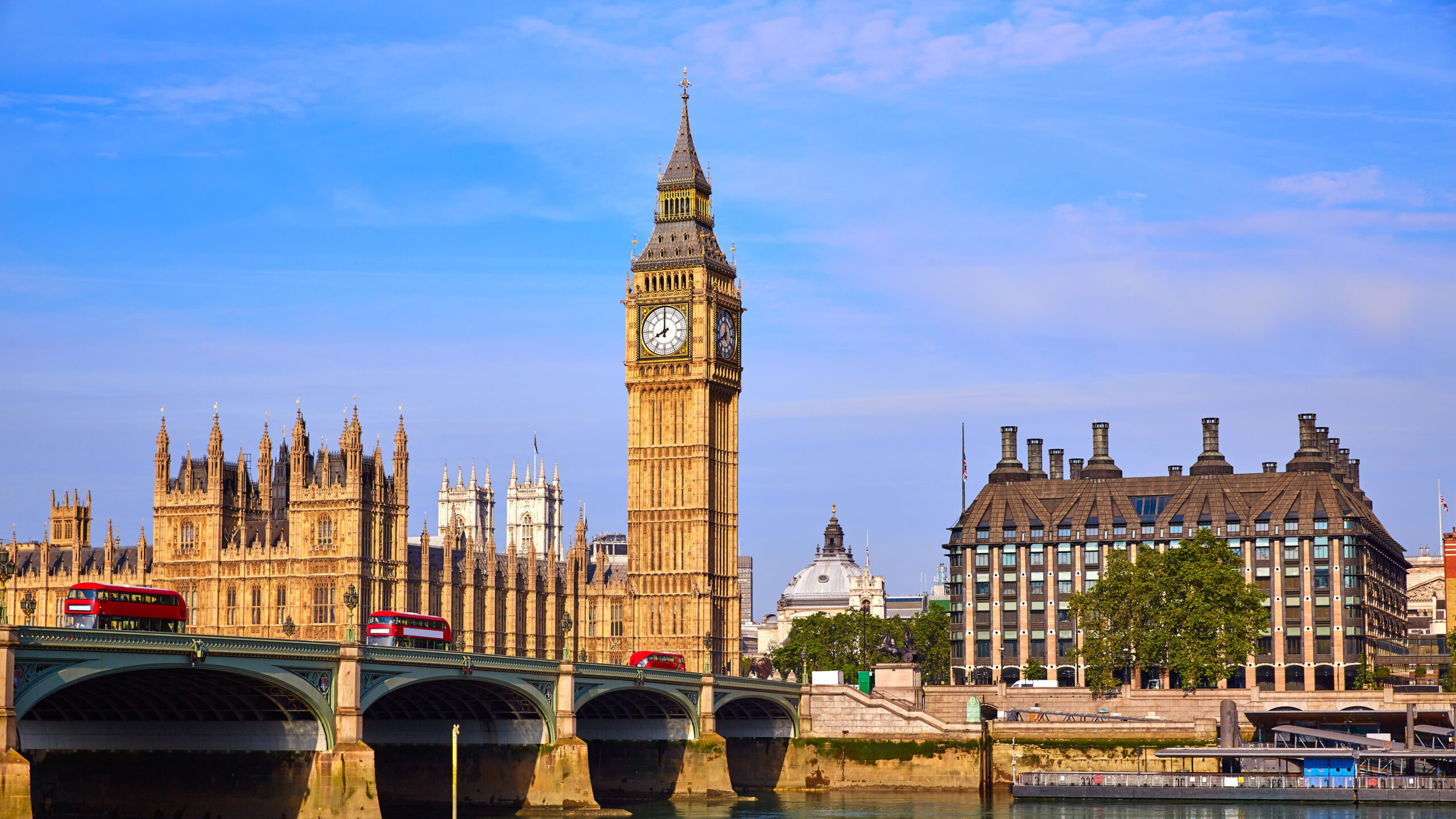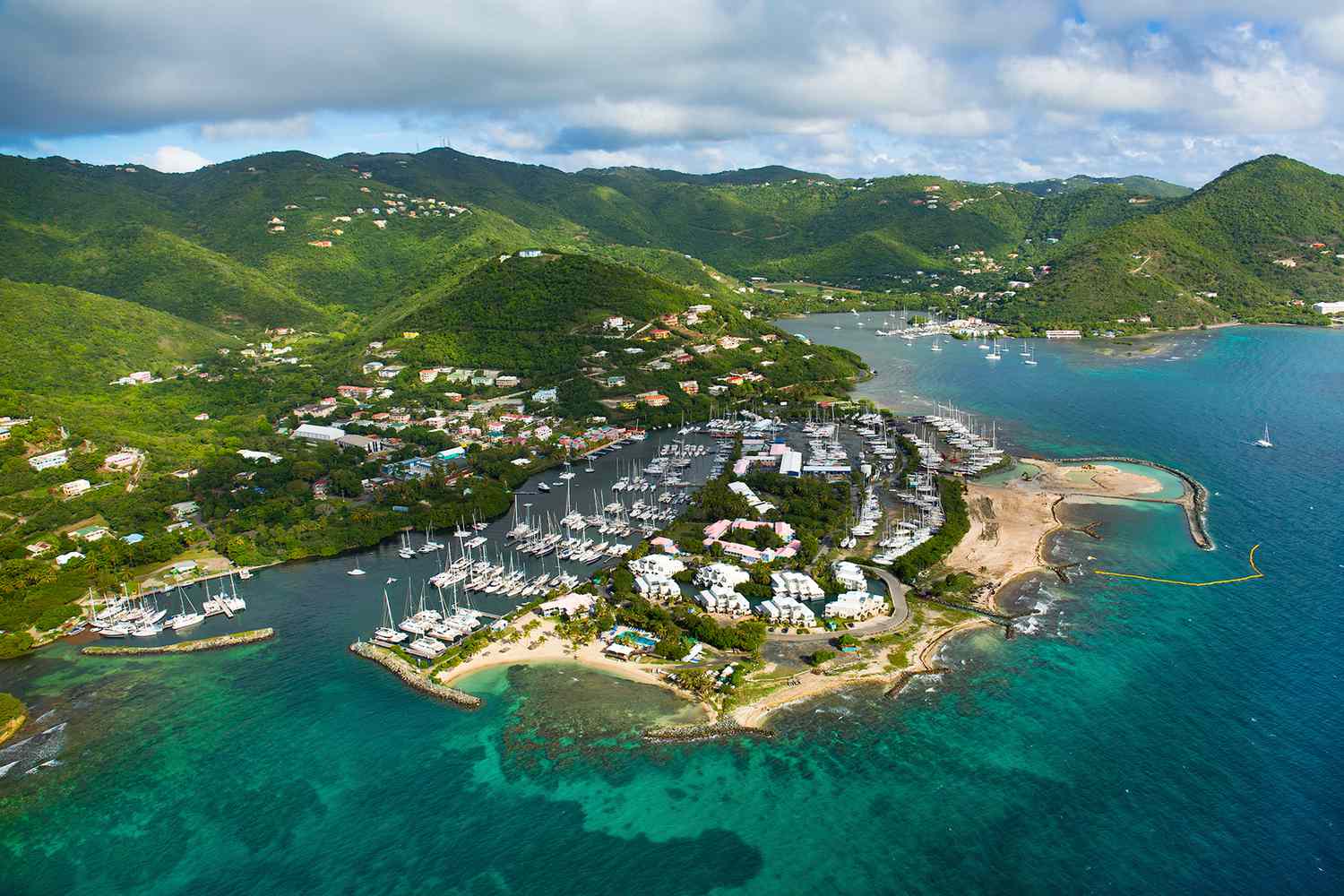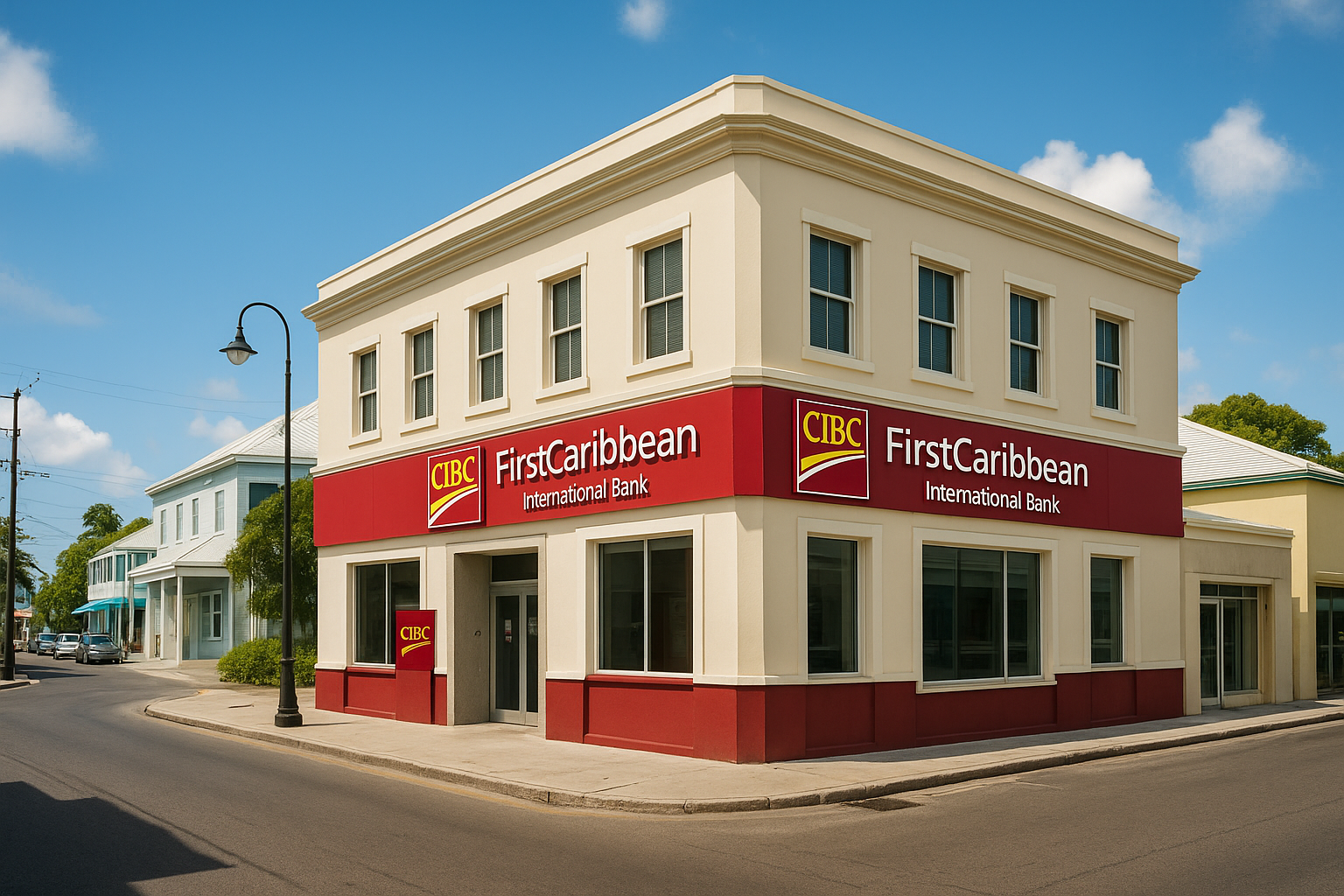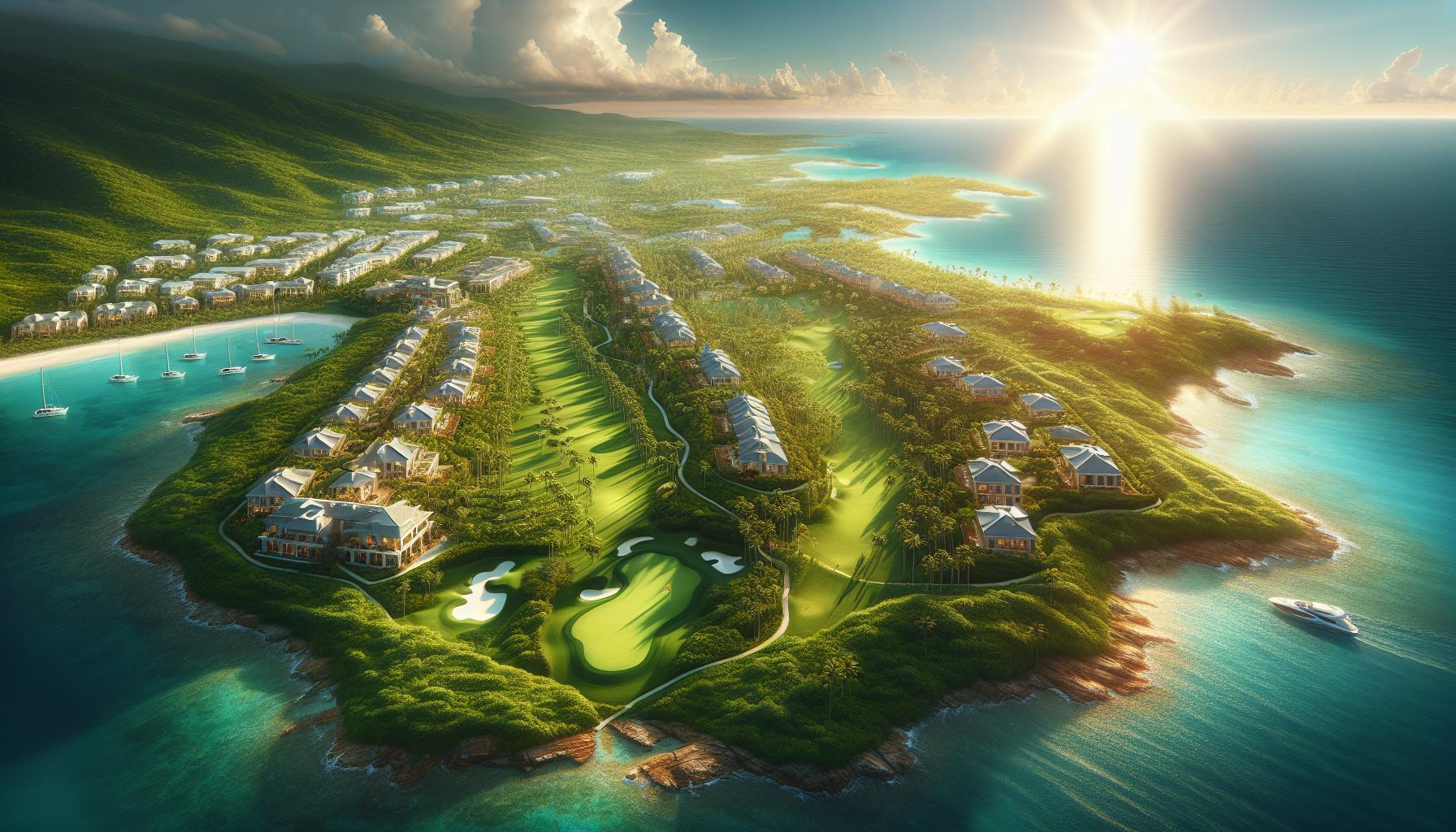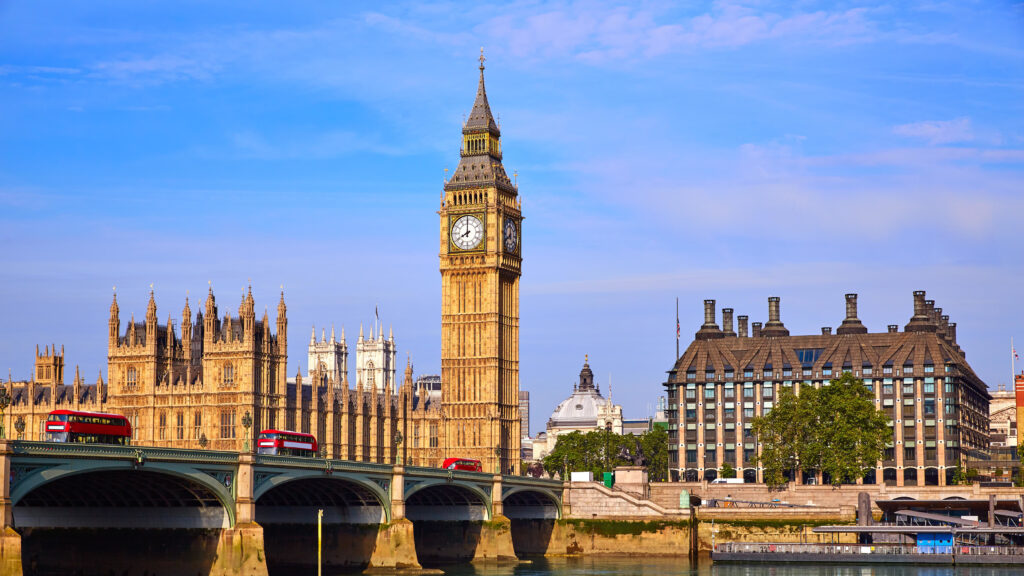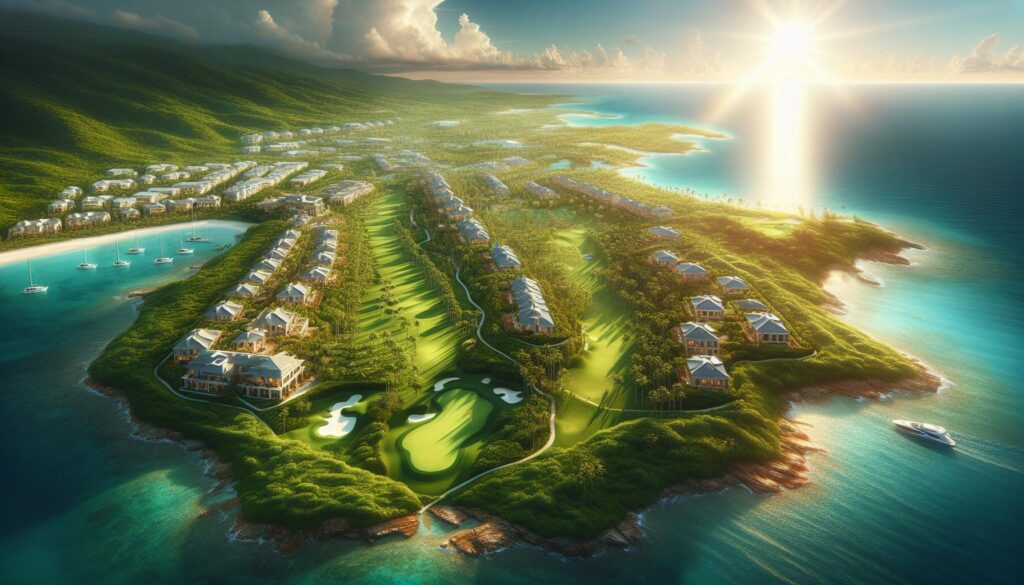Tourism and Lifestyle
Tourism in Port-au-Prince has been significantly impacted by the ongoing crisis. Key attractions include:
- National Palace: Although damaged in the 2010 earthquake, the National Palace remains a symbol of Haiti’s resilience and history.
- Iron Market (Marché en Fer): A historic marketplace that offers a glimpse into the local culture and daily life, though its activity has been affected by security concerns.
- Musée du Panthéon National Haïtien (MUPANAH): A museum dedicated to Haiti’s national heroes and history, showcasing artifacts from the Haitian Revolution and beyond.
- Petionville: An upscale district known for its restaurants, hotels, and nightlife, which has seen a decline in activity due to the city’s broader challenges.
The lifestyle in Port-au-Prince is heavily influenced by the city’s ongoing struggles. Daily life is marked by a high level of uncertainty, with residents often facing disruptions due to violence, protests, and economic instability. Despite these challenges, the city retains pockets of vibrancy and cultural richness, with resilient communities and a deep sense of history and identity.
Real Estate Opportunities
The real estate market in Port-au-Prince has been significantly affected by the political and economic turmoil. Key factors include:
- Depreciated Real Estate Values: Property values in Port-au-Prince have plummeted due to the ongoing crisis. The uncertainty and instability have led to a lack of investment and a decline in demand for both residential and commercial properties.
- Elimination of Wealth: The economic challenges have led to a significant reduction in wealth, particularly among the middle and upper classes. Many residents who once owned valuable properties have seen their assets lose value, and some have been forced to sell at a loss or abandon their properties altogether.
- Opportunities for Long-Term Investors: For investors with a high-risk tolerance and a long-term perspective, there may be opportunities to acquire properties at significantly reduced prices. However, these investments come with considerable risks given the current instability.
Previous Key Real Estate Areas
- Downtown Port-au-Prince: Historically the commercial heart of the city, downtown has seen significant depreciation in property values. The area still holds potential for future redevelopment if stability can be restored.
- Petionville: This upscale neighborhood has experienced a decline in property values but remains one of the more stable areas in the city. It offers opportunities for those looking to invest in luxury real estate at lower prices.
- Suburban Areas: Outlying areas such as Kenscoff and Fermathe have also been affected by the broader economic challenges but offer potential for residential developments aimed at expatriates and the upper-middle class.
Government Plans and Challenges
The Haitian government faces significant challenges in addressing the crisis in Port-au-Prince. Key areas of focus include:
- Security Measures: Efforts to improve security and reduce violence are critical to stabilizing the city and restoring investor confidence.
- Economic Reforms: Initiatives aimed at revitalizing the economy, including support for local businesses and attracting foreign investment, are essential for long-term recovery.
- Infrastructure Development: Upgrading infrastructure, including roads, utilities, and public services, is necessary to support sustainable development and improve the quality of life for residents.
Recreational Activities
Despite the challenges, Port-au-Prince offers a range of recreational activities:
- Cultural Events: The city hosts various cultural events and festivals that celebrate Haiti’s rich heritage, including music, dance, and art.
- Parks and Gardens: Public spaces such as Parc de Martissant and Champs de Mars provide areas for relaxation and community gatherings.
- Shopping: Local markets and artisan shops offer unique crafts, artwork, and other goods that reflect Haiti’s vibrant culture.
Investment Climate
The investment climate in Port-au-Prince is challenging but not without potential opportunities:
- High-Risk Environment: The current instability presents significant risks for investors, including security concerns and economic volatility.
- Depreciated Assets: The decline in property values offers opportunities to acquire assets at lower prices, but these investments come with long-term uncertainties.
- Potential for Recovery: If stability and security can be restored, there is potential for substantial returns on investment as the city rebuilds and redevelops.
Summary
Port-au-Prince, with its rich cultural heritage and significant challenges, presents a complex but potentially rewarding landscape for investors. The city’s depreciated real estate values and economic difficulties reflect the broader crisis facing Haiti. However, for those with a high-risk tolerance and a long-term perspective, there are opportunities to invest in a city with deep historical roots and potential for future recovery. Whether you are looking to invest in undervalued properties or contribute to the city’s redevelopment, Port-au-Prince offers a unique and compelling opportunity in the heart of Haiti.

